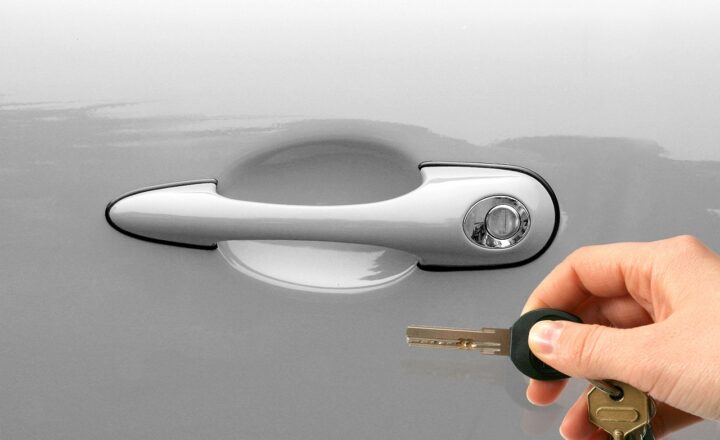
In today’s fast-paced world, having access to a vehicle is almost essential for many. Yet, the decision between renting or buying a car is a significant financial choice that can impact your budget for years to come. This article will delve into the pros and cons of both options, helping you make an informed decision based on your unique circumstances.
1. Understanding the Basics: Renting vs. Buying
When considering whether to rent or buy a car, it’s essential to comprehend the fundamentals of each option. Renting typically involves short-term agreements, allowing flexibility, while buying generally involves a long-term commitment to ownership.
Renting a Car: Renting a car generally refers to using a vehicle from a rental agency for a limited time, anywhere from a few days to a few weeks. Renters pay a fee that covers the vehicle’s use and maintenance for the rental period.
Buying a Car: Purchasing a car means you own the vehicle outright. You can either buy it outright with cash or finance it through a loan, which involves monthly payments until the loan is paid off.
This foundational understanding is the first step in evaluating which option makes more sense for you.
2. Pros and Cons of Renting a Car
Renting a car comes with a mix of advantages and disadvantages that cater to specific needs:
Pros:
- Flexibility: Renting provides the opportunity to choose the exact vehicle you need for the occasion without being tied to a long-term commitment.
- No Maintenance Costs: Rental agencies handle all maintenance issues, so you won’t have to worry about repairs or servicing.
- Variety: You can experiment with different cars, enabling you to find the model you may want to purchase later.
- No Depreciation: Because you don’t own the vehicle, you don’t suffer from the depreciation that occurs with ownership.
Cons:
- Cost: Renting can become costly, especially if you need a car for an extended period or frequently rent.
- Restrictions: Rental agreements often include mileage limits and restrictions on vehicle usage, which can be inconvenient.
- No Ownership: You’re essentially throwing money away without gaining any asset, as you don’t own the car.
3. Pros and Cons of Buying a Car
Buying a car also presents numerous pros and cons that cater to different lifestyles and budgets:
Pros:
- Ownership: Once you’ve paid off the car, it’s entirely yours, allowing for flexibility in how you use it.
- No Mileage Restrictions: Owners have the freedom to drive without worrying about mileage limits.
- Long-term Investment: A car can serve as an asset that may retain some resale value.
- Custom Modifications: Owners can modify their vehicles as desired, personalizing them to their liking.
Cons:
- High Initial Cost: Buying typically requires a significant upfront investment or long-term loan commitments.
- Depreciation: Cars lose value over time, which can be significant depending on the make and model.
- Maintenance Obligations: As the car ages, you’ll be responsible for repairs and maintenance, which adds ongoing costs.
4. Financial Considerations
When weighing your decision to rent or buy a car, it’s crucial to consider your financial situation thoroughly. Here are some key points to keep in mind:
- Monthly Payments: Compare monthly rental fees to loan payments. Depending on your financial status, one option may be more feasible.
- Insurance Costs: Typically, rental costs include basic insurance, while owning a car requires you to purchase and maintain your own coverage.
- Long-Term vs. Short-Term Needs: Consider how long you need the vehicle. If it’s only for a week or a month, renting might be more economical than buying.
5. Lifestyle Factors
Beyond finances, consider lifestyle aspects that may influence your decision:
- Frequency of Use: If you need a vehicle daily, buying may be more logical, while less frequent usage might justify renting.
- Travel Requirements: If you travel often, renting allows for flexibility in choosing different vehicles for different trips.
- Commute Considerations: For individuals with long commutes, buying may be preferable due to the avoidance of excess rental fees.
6. Conclusion: Which is Right for You?
The choice between renting and buying a car ultimately depends on your personal circumstances and preferences. If you prioritize flexibility, enjoy trying out various vehicles, and don’t drive regularly, renting might be your best option. Conversely, if you require a vehicle for consistent use and want the benefits of ownership, purchasing might suit you better.
In any case, it’s essential to evaluate your needs, budget, and lifestyle to make the most informed choice. The right decision can offer peace of mind and satisfaction on the road, whichever route you decide to take.






